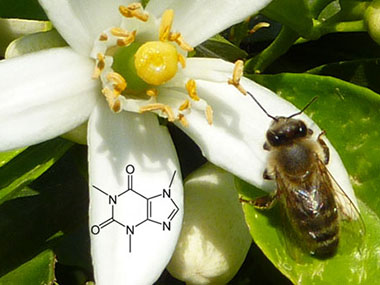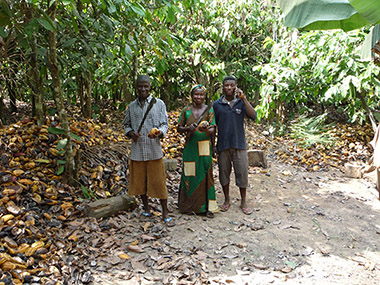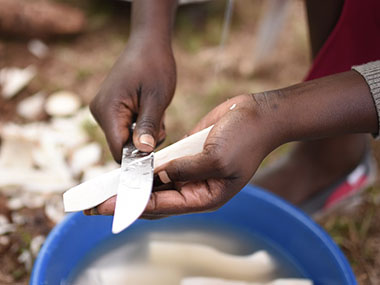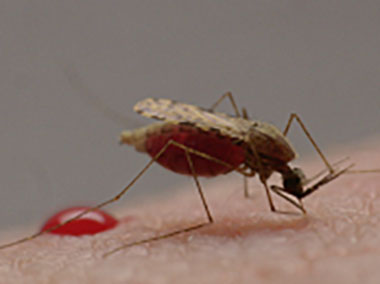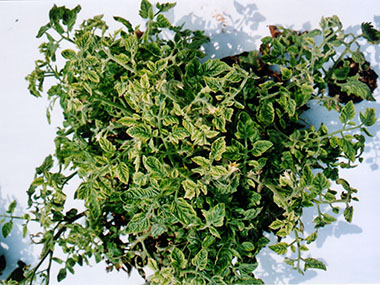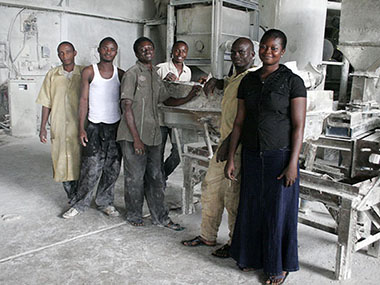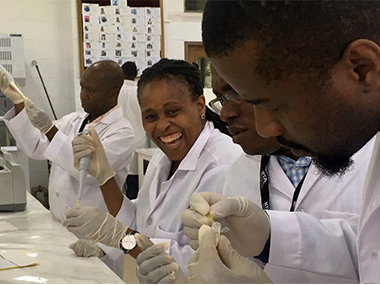Early Career Researchers’ Network
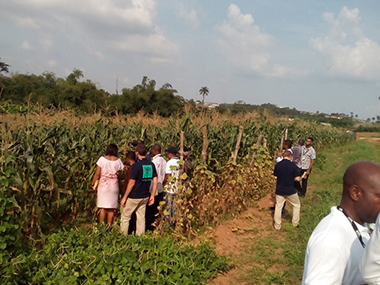 The University of Greenwich is committed to developing the next generation of leading researchers.
The University of Greenwich is committed to developing the next generation of leading researchers.
Targeted sets of activities designed to support Early Career Researchers (ECRs), and ensure that they are well equipped to successfully develop into world-class researchers, are set out in the HR Excellence in Research Award Action Plan, supported by GRE & HR.
Within the university’s Faculty of Engineering and Science which includes the Natural Resources Institute, we have a dynamic and highly multidisciplinary working environment that strives for a vibrant and inclusive culture of research excellence. The network has been established to allow ECRs to come together and develop their research and wider development skills, learning from each other and from more experienced colleagues within the university.
The network is open to all ECRs within seven years of gaining their PhD, to those striving for their research independence and also to those, changing career direction. The network aims to be inclusive and seeks to enable ECRs to co-create a locally owned and sustainable programme of support that will benefit them through opportunities for multi-disciplinary interaction, support and engagement on issues that matter to them.
The network is highly complementary and indeed feeds into the ECR PGR Forum as well as the training opportunities managed by the university’s Research & Enterprise Training Institute.
Committee Members
Natural Resources Institute
School of Engineering
School of Science
Connect with us
To join the Early Career Researcher Network, find us on:
- Microsoft Teams: Early Career Researcher Network - FES-GR-RDS
- Email ecr-fes@gre.ac.uk


